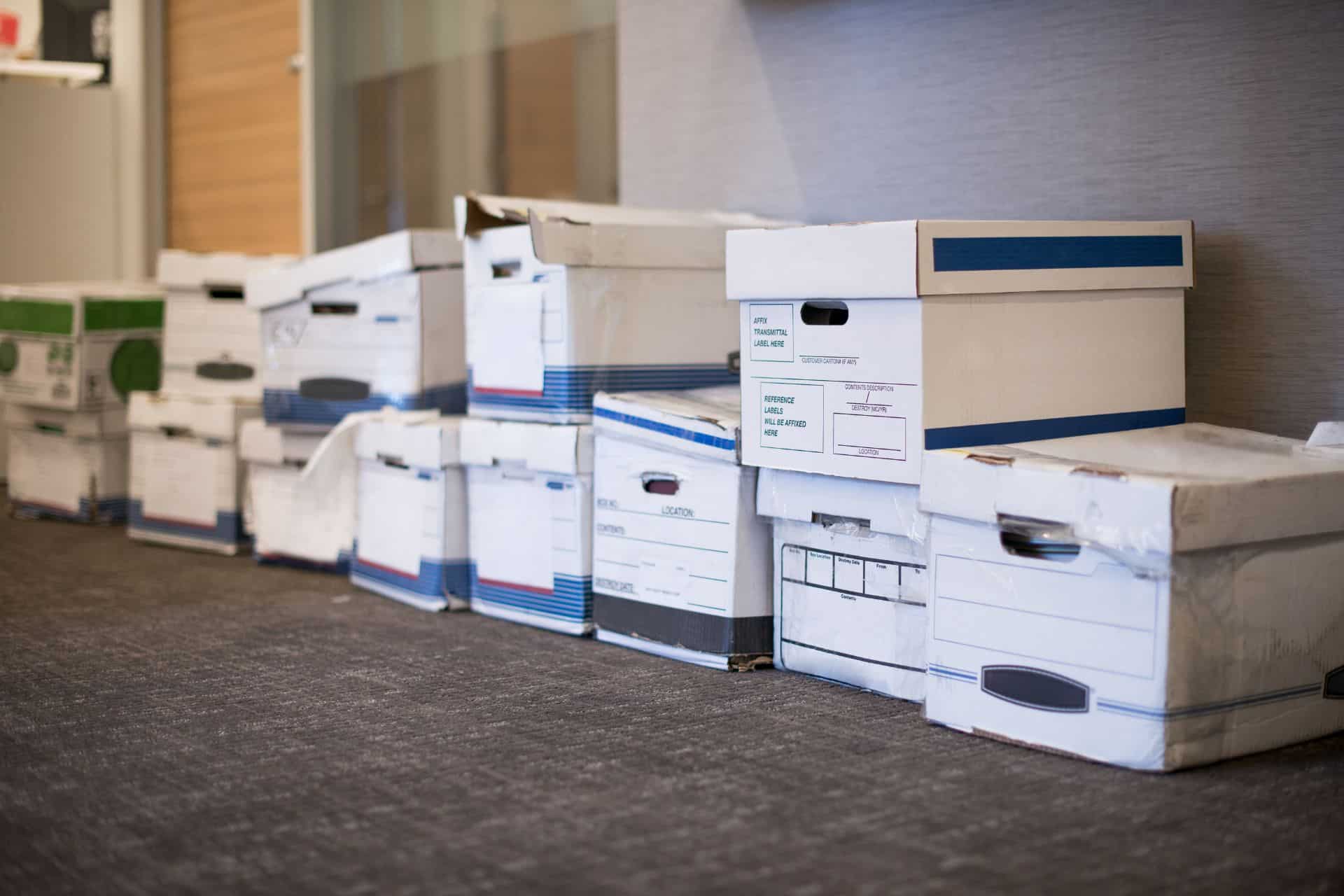Your business keeps expanding, but your office stays the same size. Boxes stack up against walls. Equipment crowds out work areas. Seasonal supplies take over spaces meant for daily operations. You need more room, but signing a commercial lease feels like jumping off a financial cliff.
Those lease agreements ask for serious money upfront. Security deposits, first and last month’s rent, plus personal guarantees that put your assets at risk. Then you’re stuck paying utilities, handling repairs, and covering property taxes for years. Break the lease early? Prepare to pay hefty penalties.
Self storage offers a different path. You get space when you need it without the financial weight of a traditional lease.
The Problem with Commercial Leases
Most commercial landlords want three to five-year commitments minimum. Finding the right space takes months of searching, and what’s available might not fit your needs or budget. The “perfect” location might sit outside your price range or too far from customers.
Hidden costs pile up fast. Base rent represents just the starting point. Electric bills can hit hundreds monthly. Repairs become your responsibility. Property improvements drain cash. Many spaces need expensive renovations before they work for your business.
Building restrictions add more headaches. Limited parking frustrates customers. Access hours might not match your business schedule. Shared facilities create conflicts with other tenants.
How Storage Fits Your Business
Most commercial storage facilities work month-to-month. Need more space? Rent another unit. Business slowing down? Drop the extra space without penalties.
You control access to your stuff. Need inventory at dawn or after dinner? Your storage unit stays available. No building managers setting hours that don’t match your operations. Unit sizes range from closet-sized to garage-sized. Start small and grow as needed. Or grab multiple units if your business requires different types of storage.
Portable storage using Go Mini’s units adds another option for businesses that need delivery and pickup flexibility.
What Goes into Storage
Accounting firms store old tax returns and client files. Marketing agencies keep promotional materials and trade show displays. Event planners organize decorations and equipment between jobs.
Online sellers use storage for inventory that doesn’t fit at home. Seasonal businesses stock up during buying opportunities without overwhelming their workspace. Many businesses find storage units more flexible than warehouse leases for managing retail inventory.
Contractors store tools they don’t use daily. Landscapers organize seasonal equipment. Restaurant owners keep extra tables, chairs, and serving pieces ready for busy periods.
Picking the Right Size
Service businesses often start with 5×5 units. Picture a large walk-in closet filled with filing cabinets, office supplies, and marketing materials. Perfect for storing items you need but don’t use daily.
Retail operations usually need 10×10 spaces. This fits plenty of inventory boxes, seasonal merchandise, and display materials. Online businesses find this size handles packaging supplies and product overflow.
Businesses with equipment or larger inventory jump to 10×20 units. Contractors fit tools, materials, and smaller equipment. Restaurants store extra furniture and serving pieces.
Major operations or equipment-heavy businesses choose 10×30 or 10×40 units. These handle vehicles, large machinery, substantial inventory, or serve multiple storage needs.
Real Numbers
Storage costs way less than commercial space. A 10×20 unit runs a fraction of what equivalent office or warehouse space costs monthly. No electric bills. No repair costs. No property taxes eating your profits.
Monthly rates stay stable. Commercial leases often jump each year, but storage pricing remains predictable. You won’t get hit with surprise assessments or emergency repair bills.
Flexibility saves serious money over time. Slow month? Drop the extra unit immediately. Busy season coming? Add space without lease negotiations or renovation delays.
Keeping Your Stuff Safe
Modern facilities use controlled access systems. Gates that require codes. Surveillance cameras watching the grounds. Well-lit areas that discourage trouble.
Your unit gets its own lock. You decide who has access and when. Temperature-controlled units protect sensitive materials from humidity and temperature swings that damage inventory.
Getting Started
Figure out what you need to store and how much space it requires. Most facilities can help estimate unit sizes or let you look at empty units to judge space.
Bring business ID when you rent. Set up payments from your business account. Many places take business checks or set up automatic billing.
Storage expenses usually count as business deductions. Keep receipts and talk to your accountant about proper documentation.
For businesses with sensitive documents, record storage services provide specialized protection using advanced Firelock vaults. This handles legal documents, contracts, and confidential files that need extra security.
Making Storage Work for Your Business
Smart owners use storage strategically, not just as overflow space. Storage lets you grow without premature expansion into expensive leases. Seasonal businesses love storage that expands and contracts with demand.
Understanding how storage benefits different business types helps you make strategic decisions about expansion without overcommitting resources.
Ready to see how storage can help your business grow without the lease commitment? Contact our team to discuss unit sizes, pricing, and how flexible storage space can support your expansion plans.





